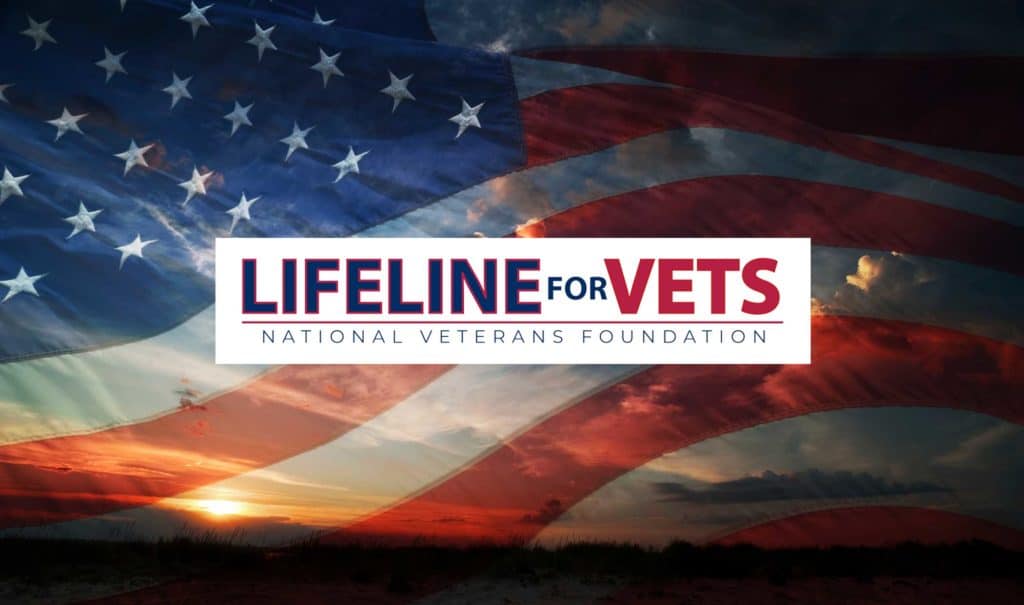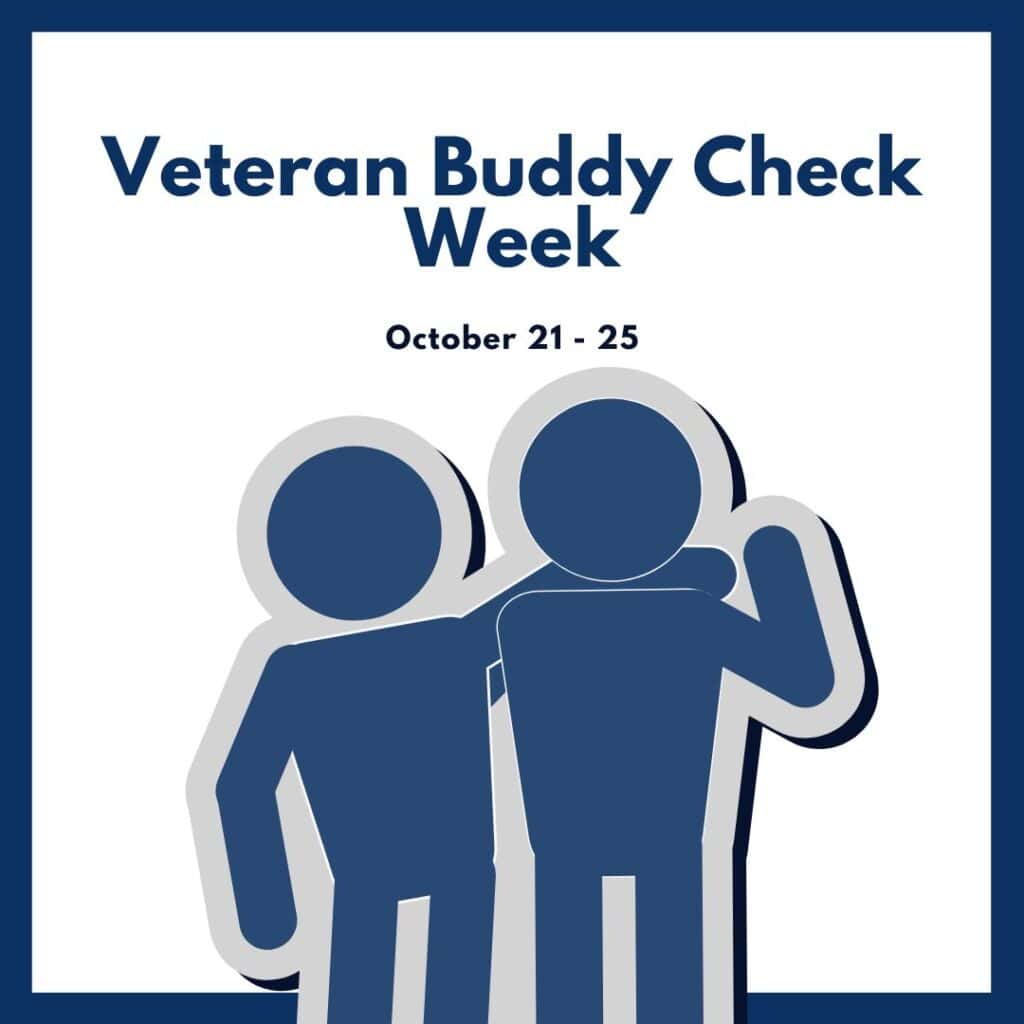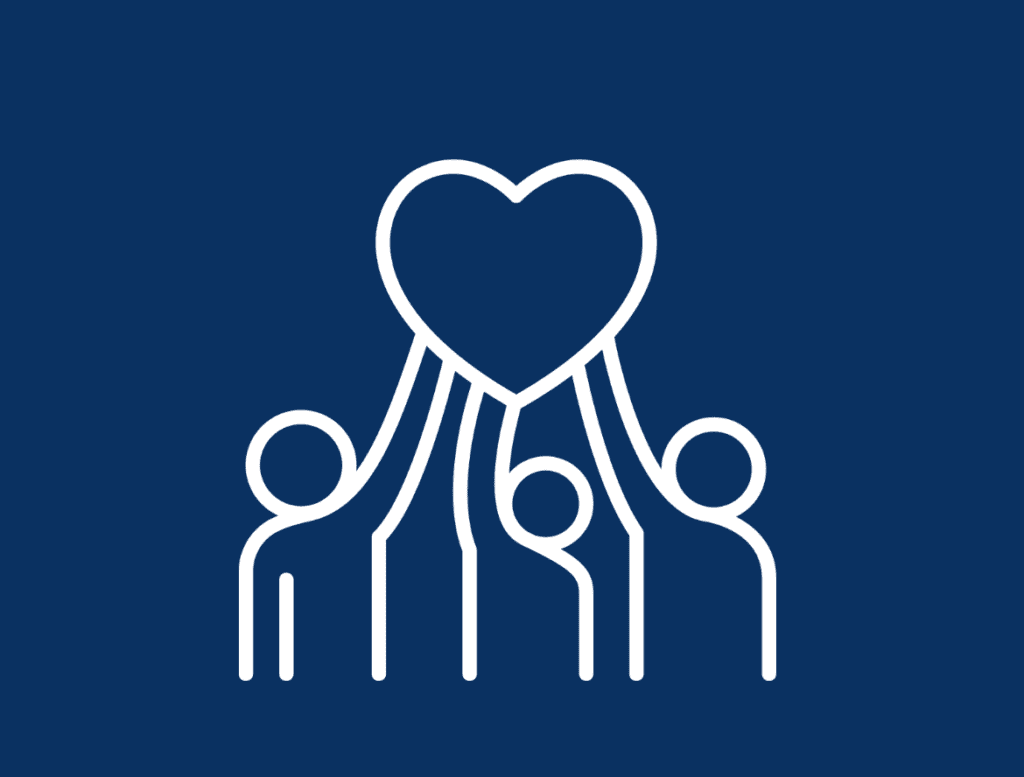The Long Days of Isolation

Last fall, Air Force Chief of Staff Gen. Charles Brown said, “The stressors that we have are much different than the stressors we had last year…We don’t have a chance for our airmen to connect and be close to the folks that they work with on a day-to-day basis.”
Almost six months later, the isolation from the pandemic is wearing everyone thin. Families are dealing with working from home, often while monitoring children remote schooling. Everyone is missing milestone events like weddings, graduations and funerals. All of us have had to withdraw from most, if not all, social interaction outside our homes. Many have lost employment. While most of us are learning to cope with the isolation and withdrawal, it’s different for many veterans who suffer from any degree of PTSD.
For them, the isolation triggers old fears that danger is everywhere…and in fact, with a pandemic raging, the simplest things involve an element of danger. Veterans who spent years learning how to manage responses ingrained from being literally in harm’s way, now find themselves overwhelmed and losing hard-won ground. They’re moving backwards, faster and faster, at a time when getting mental health care is all the more difficult.
So an increase in Veteran suicide shouldn’t surprise us. Typically, when we think of veteran suicide, we think most often of Vets who have left the military. But Tom Vanden Brook, writing in USA Today, Oct 1, 2020, quotes the Associated Press: “The active-duty Army has seen a 30% increase in 2020 in deaths by suicide…” And in the Army Reserve, the rate of increase is up 41%. Who saw that coming?

We’re hearing it in the calls we get on our Lifeline for Vets. Veterans and their family members are reaching out for information, support and crisis intervention. We’re a year into the pandemic, and while the vaccines offer hope, we have one eye on the promise of everyone being inoculated and the other on rising variants of the virus.
This is no time to let up, but let’s acknowledge and honor those of us whose resilience is fraying by reaching out to them now.
It’s long been our goal to have our Lifeline for Vets up and running 24/7. We’re making progress toward it. Help us get there. www.nvf.org. And in the meantime, if you know a Vet who needs help, here’s our Lifeline for Vets crisis hotline: 888.777.4443
You can be a part of our mission to help Veterans by making a tax-deductible donation!
About the Author
SUBSCRIBE TO OUR BLOG AND NEWS!
By submitting this form, you are granting: NATIONAL VETERANS FOUNDATION INC permission to email you. You may unsubscribe via the link found at the bottom of every email. (See our Email Privacy Policy for details.)
Related Posts





